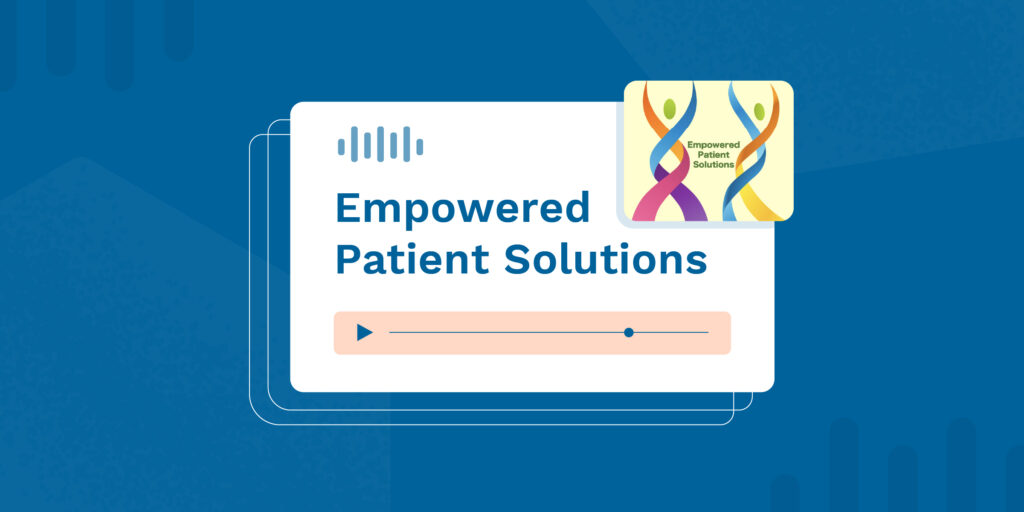On October 1, 2015, the U.S. Healthcare Industry transitioned to the ICD-10 coding standard in order to replace the 30-year-old ICD-9 coding system. This epic transition seemed to sneak up on most providers, which is why many have just realized the effect of this transition and the impact it has on their documentation and reimbursement performance.
A slew of new codes have been introduced for whatever life throws at your patients. If a patient presents with an injury because they have been struck by a turtle, will your Practice Management and Billing software work for you? There’s a code for that! See below for this quirky code:
Problem Description: Struck by turtle, initial encounter
Billable ICD-10 code: W59.22XA
If you’re just getting started with the unique codes in the ICD-10 standard, don’t worry! RXNT has partnered with Intelligent Medical Objects (IMO) to seamlessly enable your practice’s transition from ICD-9 to the new ICD-10 standard. With IMO Problem (IT)™ terminology built directly into RXNT’s software, you can perform a variety of keyword searches for ICD-10 coding using familiar natural language, making your searches easy and efficient. As new ICD-10 codes are added and updated in the future, IMO maintains an always-updated database so you’re never behind. Specificity is critical in ICD coding, and you will find a helpful drill-down tool to reach the highest level of specificity from a category of diagnoses. With integrated, easy tools, you can maximize reimbursements for your practice.





